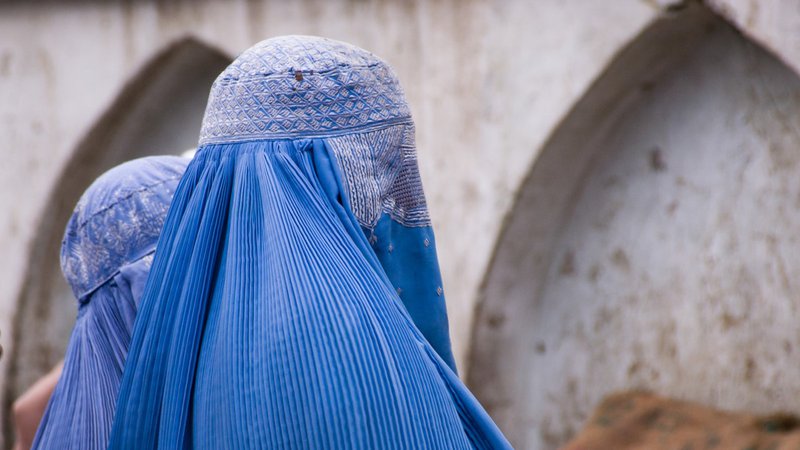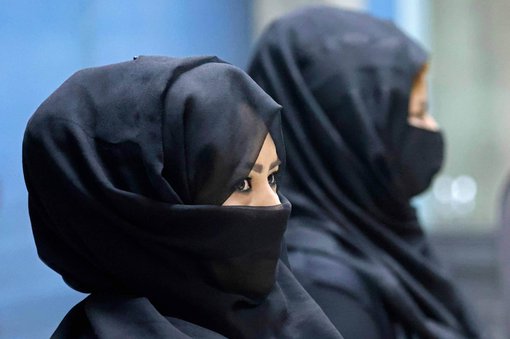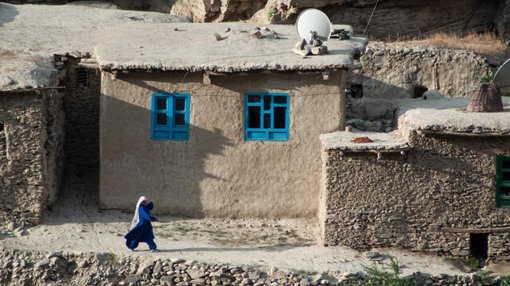Human Rights Watch Publishes Report on Ways to Support Afghan Women's Access to Education
Afghanistan United States Asia Higher Education News by Erudera News Mar 21, 2022

The international non-governmental organization, Human Rights Watch (HRW), has published a 13-page report named “Four Ways to Support Girls’ Access to Education in Afghanistan,” in which it presents the key ways international donors can promote human rights in their involvement with the Taliban education system.
According to HRW, international donors should carefully address the human rights concerns, and support the full access of Afghan girls and women to quality education by examining the situation at educational institutions and standing by communities that fight for people’s right to education.
“Access to education is about much more than whether the gate in front of the school is unlocked. Donors need to find ways to induce the Taliban to respect the rights of girls and women to education,” the associate women’s rights director at Human Rights Watch, Heather Barr, said.
HRW suggests that the following ways are the right approaches for donors to promote Afghan women’s access to education:
- Fund education but not discrimination
- Support communities fighting for girls’ right to education
- Stand by Afghans threatened for defending their right to education
- Monitor all aspects of access to education
Regarding the first approach, Human Rights Watch report states that donors should not fund discrimination, pointing out that if a part of the education system does not include girls, donors funding that part of education “would be complicit in the gender discrimination taking place there.”
‘At the level of higher education, the same rule should apply – donors should fund only parts of the higher education system that are fully accessible to and used by women and girls on an equal basis with men and boys. They should also ensure that all programs supporting scholarships and remote or overseas study for Afghans serve at least half female students,” the report reads.
Before the Taliban seized power in Afghanistan, around 75 percent of the government’s budget and 49 percent of education spending in the country came from international donors.
Earlier, the Taliban-appointed new chancellor of the Kabul University, Mohammad Ashraf Ghaira, said that women would not be allowed to attend classes or to work at the university unless an Islamic environment is provided for all.
The Taliban ruled Afghanistan from 1996 until 2001, when the United States invaded the country following September 11 terrorist attacks. On August 15, 2021, the Taliban took over Kabul again after the US troops left the country.
Recent Articles
United Kingdom
Apr 24, 2024
Germany
Apr 24, 2024
United States
Apr 23, 2024
Canada
Apr 23, 2024
United States
Apr 22, 2024

